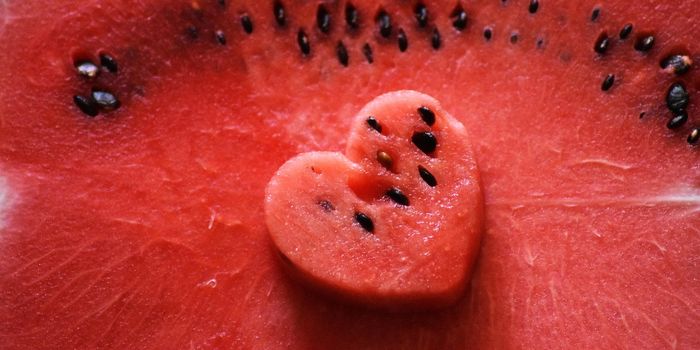Hula Dancing Helps Hawaiians Lower Blood Pressure
The rates of stroke and heart disease are about four times higher for Native Hawaiians than for non-Hispanic whites, according to EurekAlert. Can a traditional dance program help?
In research presented at the American Heart Association's Hypertension 2019 Scientific Sessions in September, traditional hula dancing was shown to help Native Hawaiians manage and lower their blood pressure. This population tends to have strokes and develop heart disease about 10 years before white and Asian people in Hawaii. Even with treatment for hypertension, they often struggle to control their blood pressure, according to Keawe'aimoku Kaholokula, Ph.D., lead author of the study and professor and chair of the department of Native Hawaiian health at the University of Hawaii at Manoa in Honolulu.
"We created an intervention based on hula, the traditional dance of Native Hawaiians, which can be performed at different levels of intensity by men and women of all ages and is practiced as a form of cultural and creative expression," Kaholokula said.
This research intervention worked with more than 250 Native Hawaiians of an average age of 58 years. About 80 percent were female and all were receiving medical treatment for high blood pressure. Everyone in the study went through three sessions of hypertension and healthy lifestyle education, after which the participants were randomly assigned to the hula intervention or to a control group that received no further training or support. The Hula group went to hula classes twice a week for three months and then to one monthly lesson for three more months. Individual, self-directed practice and group activities relating back to the hypertension and healthy behavior education were also included.
People who practiced hula were more likely to have lowered their blood pressure to under 130/80 mmHg and were able to maintain these improvements at one-year follow-up (six months after the hula study’s classes ended).
"While the physical benefits of dancing hula are clear, other positive impacts include creating family-like social support and increasing self-confidence and acceptance of others," said Mapuana de Silva, a hula cultural expert and study consultant, said. This study was funded by the National Heart, Lung, and Blood Institute. Learn more about hula, known as “the heartbeat of the Hawaiian people,” below.
Article source: EurekAlert









